CMA Competition Law seminar
GUEST: Louise Baner, Competition and Markets Authority (CMA)
On Wednesday 9th December 2020, the LCA had the pleasure of welcoming Ms. Louise Baner of the CMA to explain the complexities and nuances of Competition Law and particularly its application to the healthcare sector. The CMA is the primary Competition enforcer and market investigator in the UK, who last examined the private healthcare market as a whole in 2014 focussing on concentration and transparency resulting in recommendations to publish fee data in order to improve patient choice and quality care.
Most recently the CMA investigated price fixing in the self-pay market amongst a group of ophthalmologists (Spire case)initially instigated by the hospital itself. The CMA has since been pro-active in educating those operating in the healthcare sector to be more aware of when they may be in breach of Competition Law; not just in price fixing, but also in the facilitation of information sharing that may be anti-competitive, as the financial repercussions can be significant.
It is not considered illegal to disclose what you as a consultant currently charge, in fact fee transparency is encouraged. However, sharing what you may charge in the future or agreeing/indicating not to charge is illegal, as is the sharing of markets or arrangements to allocate patients amongst competitors. Such activity denies patients the opportunity to choose on price. The sharing of information may be permitted in some cases where the exchange occurs to achieve positive outcomes for the consumer, for educational purposes. Similarly, referrals may be permitted if they are done for clinical and objective reasons benefitting the patient and not simply for commercial reasons. Ms Baner emphasised to always seek legal advice first if in doubt of what may be considered legal or illegal under Competition Law.
[metaslider id=”1393″]
Ms Baner’s presentation was followed by a lively Q&A session where our consultants queried how the law applied to the Private Medical Insurers (PMIs) and Private Providers and whether the CMA mandate to publish fees on the Private Healthcare Information Network (PHIN) website actually impedes market fairness. With regards to the publication of fees, there were concerns that publishing your current fees whilst entirely legal and encouraged by the CMA, actually creates an anti-competitive market since another consultant may see your fees and decide to increase their own. It was noted from OFT and BMA evidence that, in the USA, fee publication caused all fees to rise, which is anti-competitive and also harms the consumer as it does not allow them to “shop around” on differing prices and quality of care.
The inability to choose a consultant and treatment has been further interfered with by the PMIs – not previously included in the CMA’s 2014 market investigation – who have fixed fees, de-listed consultants thereby blocking access to the market and obstructed clinical decision-making thereby ultimately harming the consumer i.e. the patient. One of our attendees asked what would indeed trigger the CMA to launch an investigation into the PMI market since it is dominated by largely two insurers. Ms Baner explained that the CMA looks at:
- whether there has been detriment to the consumer;
- whether there has been a distortion of the fee market;
- the level of PMI competition re. self-payer and corporate groups (employers) premiums;
- what is actually provided for in these premiums;
- evidence of clear collusion (illegal under Competition Law);
- whether one PMI is dominant over and can act independently of the others;
- whether there are reasonable grounds to suspect individual undertaking or collective group exerting its market power.
Ms Baner sympathised and acknowledged that more market study is needed, but would an investigation then cede remedies that could actually rectify the situation? The CMA is not a price regulator and can only make recommendations to Regulations, are there other bodies who may be able to intervene? It may be that the PMI business model needs to be re-evaluated if there is no portability of patients and if there is detriment to patient choice and quality of care. Aside from real consumer detriment and whether a CMA remedy would achieve a good outcome, in assessing whether to proceed with a market investigation, the CMA also considers availability of time and resources as well as priority of other cases in their agenda.
The LCA appreciated the time Ms Baner carved out in her schedule to speak to our attendees, not only to provide us a better understanding of Competition Law, but to also hear the LCA’s and fellow consultants’ concerns about the healthcare market. Much like Competition Law, the private healthcare market is complex and nuanced, unfortunately the 2014 CMA recommendations are not meeting their objective to promote patient choice and quality of care. The LCA wants to be supportive of the CMA in helping them to better understand the prevailing issues and hopes that this Competition Law seminar enabled this.
For more information and helpful links on Competition Law, please visit the following links:
Private Medical Practitioners – Information on Competition Law
Private Medical Practitioners – Information about fees
Take care and stay safe.
#ProjectRestartPrivatePractice

